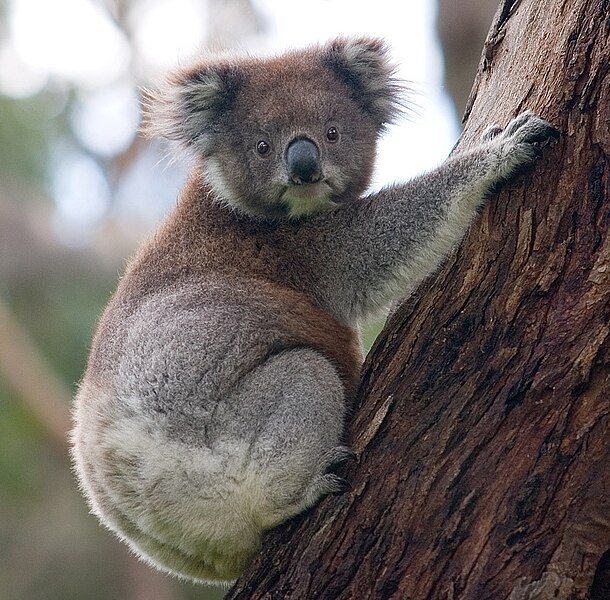Catastrophe likely if rapid extinctions continue: UN
By TOM ARUP ENVIRONMENT CORRESPONDENT
November 13, 2009 AUSTRALIA and the world must make prevention of the rapid rate of species extinction a political priority or face an environmental catastrophe, the head of an international biodiversity convention has warned. In an interview with the Herald, the executive secretary of the United Nations Convention on Biological Diversity, Ahmed Djoghlaf, said the legally binding 2010 target to stop the decline in biodiversity would not be met. Dr Djoghlaf said the world, including Australia, must work next year towards a new international agreement – similar to the UN Treaty on Climate Change – including a 2020 target to halt species extinctions. Biodiversity is the number and variation of plants and animal species on the planet and the way they interact with each other. It is crucial to Earth’s functioning including agriculture, water quality and pollination. Ecologists believe the Earth is experiencing the sixth mass extinction of species in its history – losing species at up to 1000 times the normal rate – and the first caused by humans. The landmark 2005 Millennium Ecosystem Assessment found that 60 per cent of ecosystem services that help Earth function – such as pollination – were under threat or being used unsustainably by humanity. …
